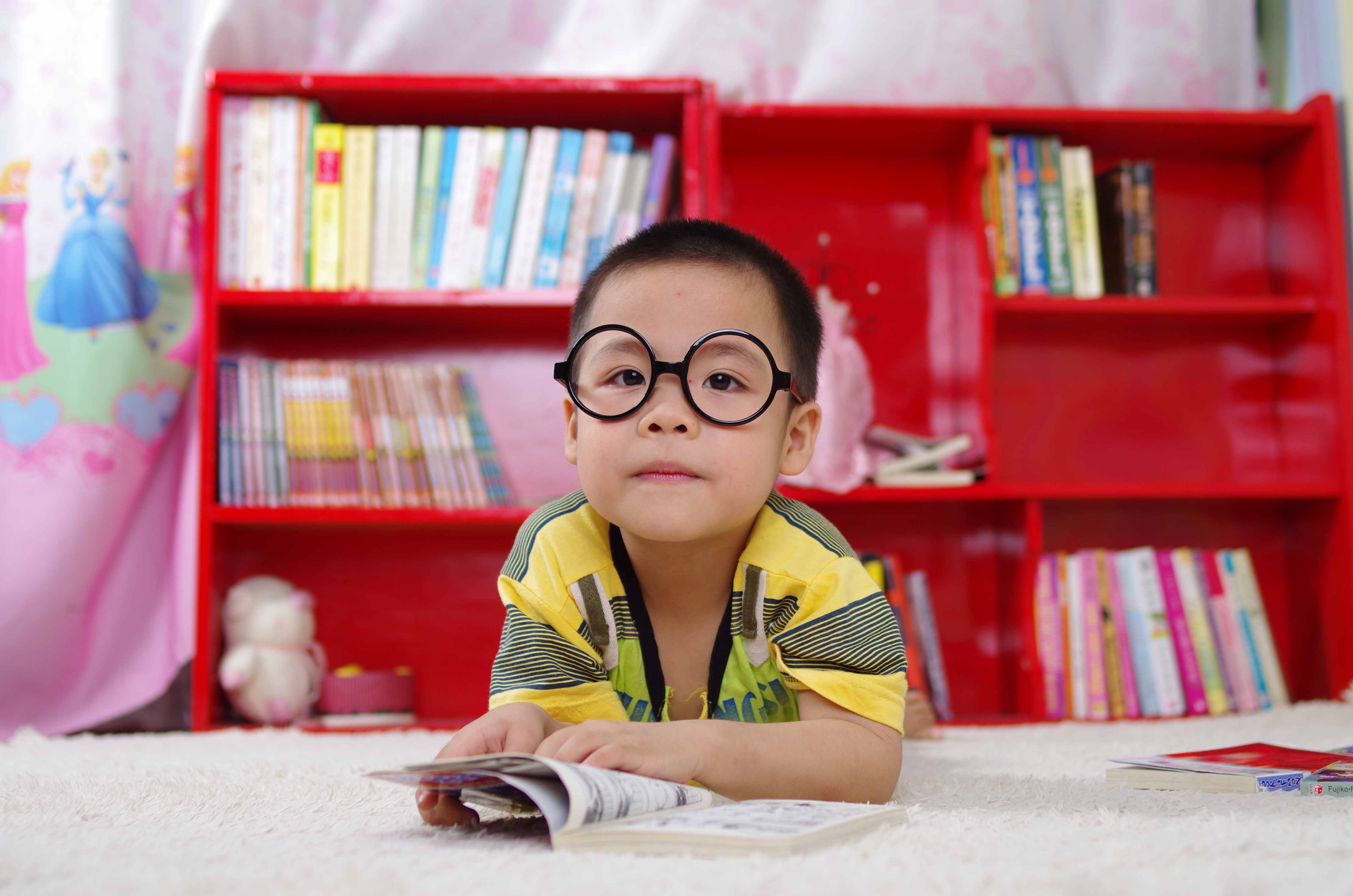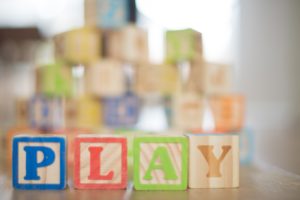As parents, we want to give our children the best possible start to their learning. The good news is, we can! Research has shown that the key to a child’s successful learning at school is their language skills. Children’s language skills before starting school not only predict their success in maths and reading, but also impact their social development.
What is “language”?
The term “language” is most commonly used to refer to receptive language (comprehension) and expressive language (expressing oneself using spoken language). In a school setting, language is involved in every aspect of a child’s day, including following directions, understanding stories, comprehending maths questions, telling a story or sharing information, and connecting socially with others.
How does language develop?
Researchers have known for some time that babies’ language development begins very shortly after birth, but have recently discovered that a month before birth, babies can distinguish between the rhythm of two different languages. This suggests that the foundation for language development begins even before babies are born! Although every child is different, most children follow a general pattern of language development. As a rule of thumb:
• By 1 year of age, most children can understand simple questions and are beginning to say single words
• By 2 years of age they have a vocabulary of around 50 words and are starting to put two words together
• By 3 years of age they can follow 2 step instructions and are using basic grammar (eg. using ‘s’ for plurals)
• By 4 years of age they have a vocabulary of around 1000 words, speak in 4-5 word sentences and can be understood by other people
• By 5 years of age they can follow 3 step instructions, use mostly correct grammar and speak clearly and fluently
How can I help my child develop their language skills?
Parents play a crucial role in helping their child develop language skills. Three ways you can stimulate your child’s language development are:
1. Talking With Your Child
It is known that talking with children from an early age promotes language development. Recent MRI studies have shown that children who enjoy regular conversation with their parents have stronger connections between two language centres in the brain – the more children were engaged in conversation, the greater the effect. When children are young, conversations usually revolve around things in the immediate environment. As they grow, children need to develop “decontextualized language” – the ability to talk about things that aren’t in the here and now. This is referred to by the Hanen Centre (an early language intervention organisation) as “language for thinking and learning”, and involves talking about past experiences, talking about things that might happen in the future, explaining/describing, talking about feelings, problem-solving, pretending and predicting. This type of language has been shown to predict how well children learn “academic language” used by teachers and textbooks. Parents can extend their child’s skills in this area by talking about things that have happened in the past or will happen in the future, by giving explanations, talking about feelings, and by solving problems out loud.
2. Playing With Your Child
There are lots of great toys that can be used during playtime and many are inexpensive or can be made at home. However, the most important play tool for language development is you! Social games such as Peek-a-boo and Round and Round the Garden encourage interaction and involve repetition, which helps with learning words and actions. Nursery rhymes and songs are particularly helpful for exposing children to rhyme and alliteration (words beginning with the same sound eg. Baa Baa Black Sheep). Some helpful point to remember when playing with your child are to take turns, give your child opportunities to lead the conversation and play activities, extend and elaborate on your child’s sentences to model a range of words and sentence structures, and listen rather than jumping in with questions.
3. Reading With Your Child
Pre-literacy skills are skills that children acquire before they learn to read. Children who begin school with strong pre-literacy skills experience greater academic success throughout their schooling. One language based pre-literacy skill that is a strong predictor for early reading and writing success is phonological awareness. This is the understanding that words are made up of individual sounds and can be manipulated. This skill is used in oral language activities such as rhyming, alliteration, and identifying the first sound in words. Other oral language skills, such as comprehension, vocabulary, knowledge of how stories unfold and inferencing (the ability to “read between the lines”) are fundamental for reading success, as reading involves not just decoding words, but understanding what we read. Children’s phonological awareness and knowledge of print at preschool age is related to their vocabulary and knowledge of narrative (story) structure, and is predictive of their later reading ability. Vocabulary development in primary school aged children also predicts their ability to read “exception” words (those which can’t be decoded).
The most beneficial way to read with your child is to use an interactive style of reading called “dialogic reading”. Rather than the adult being the reader and the child the listener, story-time should be interactive. Let your child finish sentences in familiar books, ask wh- questions (who, when, where, why, what), talk about the pictures, and relate the story to their own experiences. Choose books that focus on sounds, rhymes and alliteration – some of my favourites are Aussie authors Mem Fox and Pamela Allen – and have fun finding words in the story that rhyme or begin with the same sound.
Remember, you are your child’s first teacher and the amount and type of input you give your child helps to determine the way their language develops. Fortunately, “teaching” your child language doesn’t require special training and is lots of fun!
If at any time you have concerns about your child’s language development, contact a Speech Pathologist for advice.
For further ideas and information on language development, visit www.centralcoastspeech.com.au.




